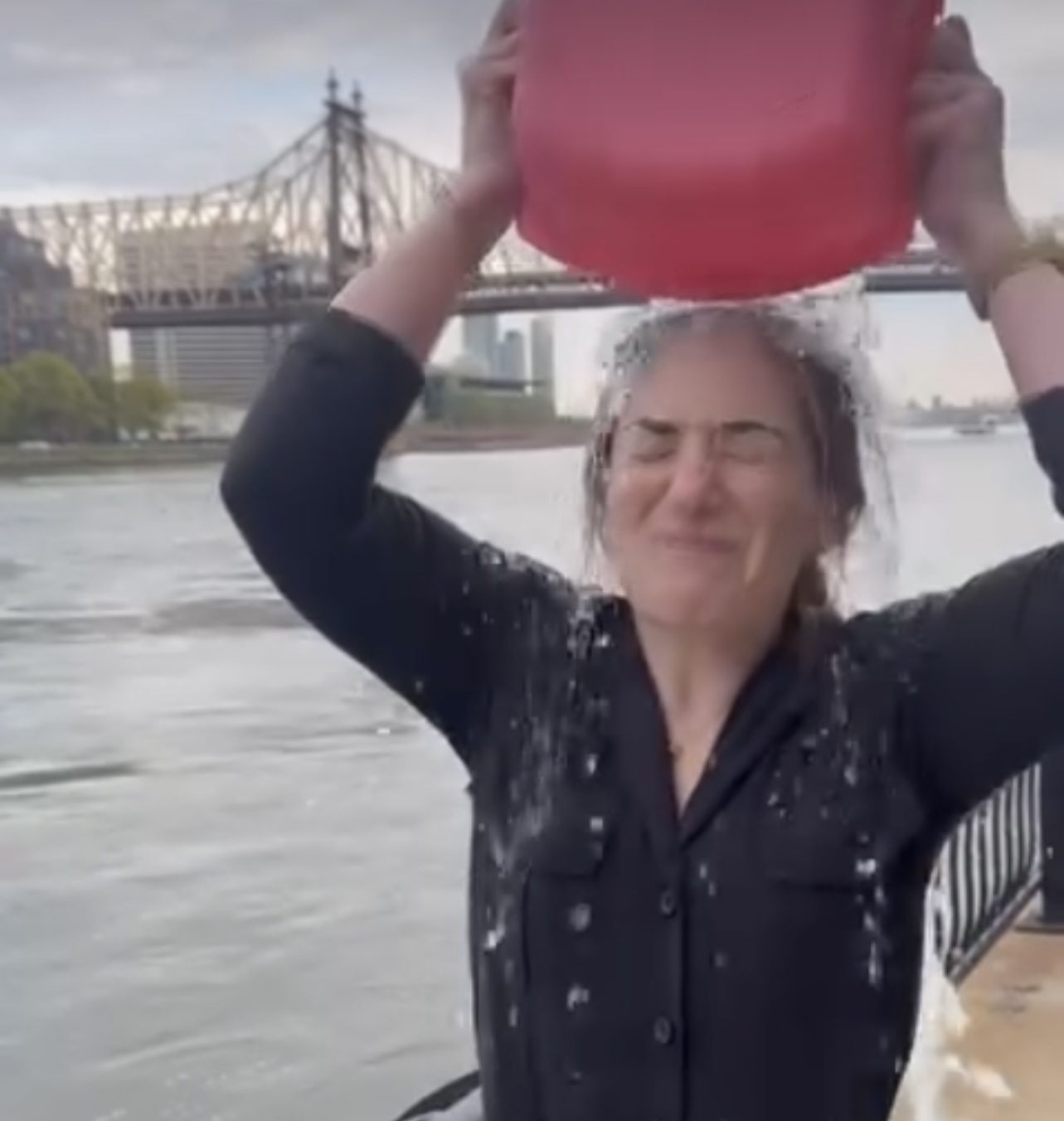
Remember the Ice Bucket Challenge? In the summer of 2014, millions of people dumped freezing water over their heads to raise awareness and funds for ALS research. It was a playful yet powerful way to raise awareness and funds, turning a lesser-known disease into a national conversation.
This spring, the Mental Health Ice Bucket Challenge made its way across social media to give a chilling reminder of gravity of the youth mental health crisis. With suicide now the second leading cause of death among teens, and with children as young as five showing signs of anxiety and depression, the challenge reminds us that mental health is a national priority.
At the Weill Cornell Department of Pediatrics, we are channeling the energy of this movement into meaningful advocacy and action. While symbolic gestures can spark awareness, what our youth really need is sustained commitment from their families, schools, health systems, and policymakers. Here is how we can turn icy water into a hotbed of solutions:
Building a Culture of Wellness and Connection
Our department is working to shift the pediatric care paradigm from reactive to proactive, promoting mental wellness through every stage of development, integrating behavioral health into routine visits, and advocating for social policies that address root causes, like poverty, racism, community violence, and isolation.
Raising Awareness
We are committed to creating safe spaces for conversations around mental health in every pediatric setting from primary care to subspecialty clinics. Our providers are trained to recognize early signs of distress, reduce stigma, and connect families to culturally responsive care. And we also know that the most powerful conversations often happen outside of exam rooms, at home, in classrooms, and in communities.
Advocating for Change & Prioritizing Prevention
We use our voices to champion federal and state policies that support mental health, like school-based mental health services, better insurance reimbursement for behavioral health care, expanded training for pediatric providers, and funding for prevention that promotes play, connection, mindfulness, and social-emotional learning.
A bucket of ice water is a fleeting, novel action, but the work to treat youth mental health does not end there. The mental health needs of our children persist, so let us turn this moment into a movement. Whether you are a clinician, parent, policymaker, or advocate, you have a vital role to play.
- Contact your elected officials to advocate to prioritize and fundcomprehensive youth mental health support
- Volunteer with local organizations providing mental health services in schools.
- Start conversations in your family and in your own community about the importance of emotional wellness.
Let this ice bucket challenge be more than a splash, let it be a catalyst.

